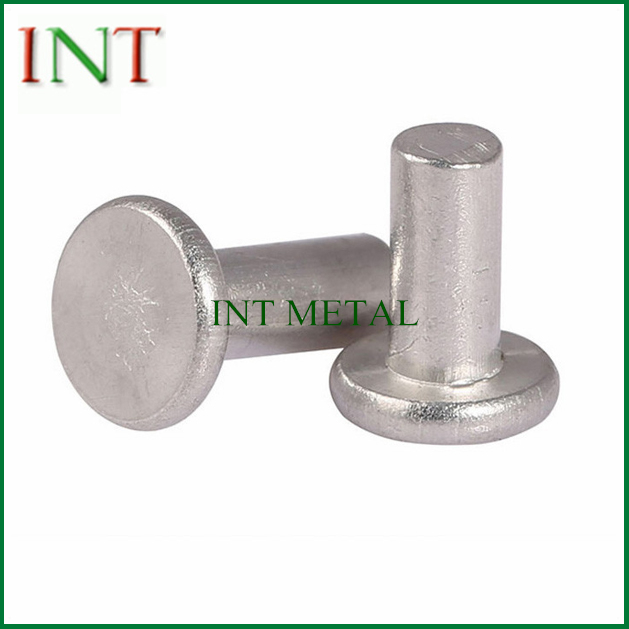Alloy Mastery: Navigating the Diversity of Aluminum Rivets for Enhanced Performance
2023-11-30
Introduction:
In the intricate world of fastening solutions, the choice of materials extends beyond the generic to the nuanced realm of alloys. Aluminum rivets, serving as stalwart components in various industries, showcase their versatility through a diverse array of alloys. In this blog, we unravel the complexities of aluminum alloy variations used in manufacturing rivets, exploring how these nuanced choices impact performance in different applications.
1. Aluminum Alloy Spectrum:
The realm of aluminum alloys is expansive, with each alloy exhibiting unique characteristics that cater to specific demands. In the context of manufacturing aluminum rivets, the choice of alloy becomes a critical factor in determining the performance and suitability of the fastening solution for various applications.
2. 6061-T6 Aluminum Alloy:
One of the most commonly used alloys for aluminum rivets is 6061-T6. Renowned for its excellent strength and corrosion resistance, this alloy finds favor in applications requiring structural integrity, such as aerospace engineering, automotive manufacturing, and construction.
3. 5052 Aluminum Alloy:
5052 aluminum alloy is another popular choice for rivets, valued for its formability and corrosion resistance. This alloy is often preferred in projects where ease of fabrication and resistance to environmental factors are crucial, such as in marine applications.
4. 1100 Aluminum Alloy:
Known for its high thermal and electrical conductivity, 1100 aluminum alloy is chosen for applications where these properties are paramount. While not as strong as some other alloys, 1100 is favored in projects where electrical conductivity is a critical consideration, such as in electronics and electrical enclosures.
5. 2024-T4 Aluminum Alloy:
For applications requiring a combination of high strength and excellent fatigue resistance, 2024-T4 aluminum alloy comes into play. This alloy is often utilized in aerospace applications, where the balance between strength and weight is critical for aircraft components.
6. 5086 Aluminum Alloy:
5086 aluminum alloy is known for its exceptional corrosion resistance, making it a valuable choice in marine environments. Its resistance to saltwater corrosion positions it as a reliable option for rivets used in shipbuilding and other maritime applications.
7. 5754 Aluminum Alloy:
With a focus on weldability and formability, 5754 aluminum alloy is employed in applications where ease of fabrication is essential. This alloy is often chosen for automotive components, where the ability to mold and shape the material is crucial.
8. Impact of Alloy Variations on Strength:
The choice of aluminum alloy significantly impacts the strength of the rivet. Alloys like 6061-T6 and 2024-T4, known for their high-strength properties, are employed in projects where robust structural support is paramount. Conversely, alloys like 1100 may be chosen for applications where lower strength coupled with other properties is more suitable.
Conclusion:
The world of aluminum rivets is not a one-size-fits-all landscape; rather, it's a nuanced spectrum of alloys tailored to meet the diverse demands of different applications. The careful selection of aluminum alloys empowers engineers and manufacturers to fine-tune the performance of rivets, ensuring that each fastening solution aligns seamlessly with the unique requirements of the project at hand. As industries continue to seek materials that balance strength, corrosion resistance, and fabrication ease, the versatility of aluminum alloy variations in rivets remains a cornerstone of engineering excellence.



